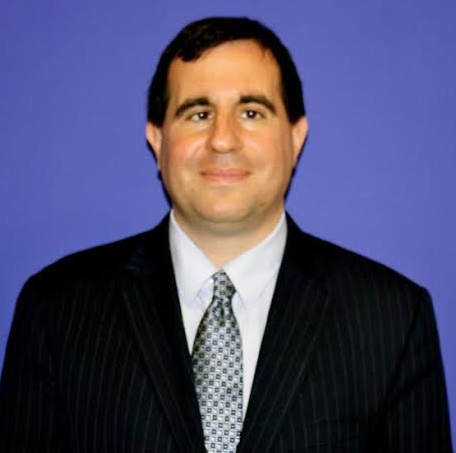Brooklyn Appellate Court makes unprecedented ruling

The Appellate Division, 2nd Department, has broken new legal ground in an unprecedented ruling allowing criminal defendants the opportunity to plead “actual innocence” when challenging a conviction. Justice Sylvia Hinds-Radix, writing the opinion of the court, eliminated a procedural barrier to criminal appellate claims and allowed a freestanding assertion of “actual innocence” to prevail.
In 1993, Derrick Hamilton was convicted of the second-degree murder for the shooting death of Nathaniel Cash, who was found dead in Brooklyn in January 1991. Hamilton asserted that he was in New Haven, Conn. at the time of the shooting and thus could not have committed the murder.
At trial, Hamilton was unable to produce alibi witness testimony because his primary witness was too ill to attend the trial and the second alibi witness was too frightened to testify. The testimony of Cash’s girlfriend, Jewel Smith, sealed the conviction for Hamilton, but Smith recanted after evidence revealed that she did not actually witness Cash being shot.

Brooklyn Heights
View MoreRead the Brooklyn Height's Press and Cobble Hill News. Find out more about Brooklyn Height's History here.